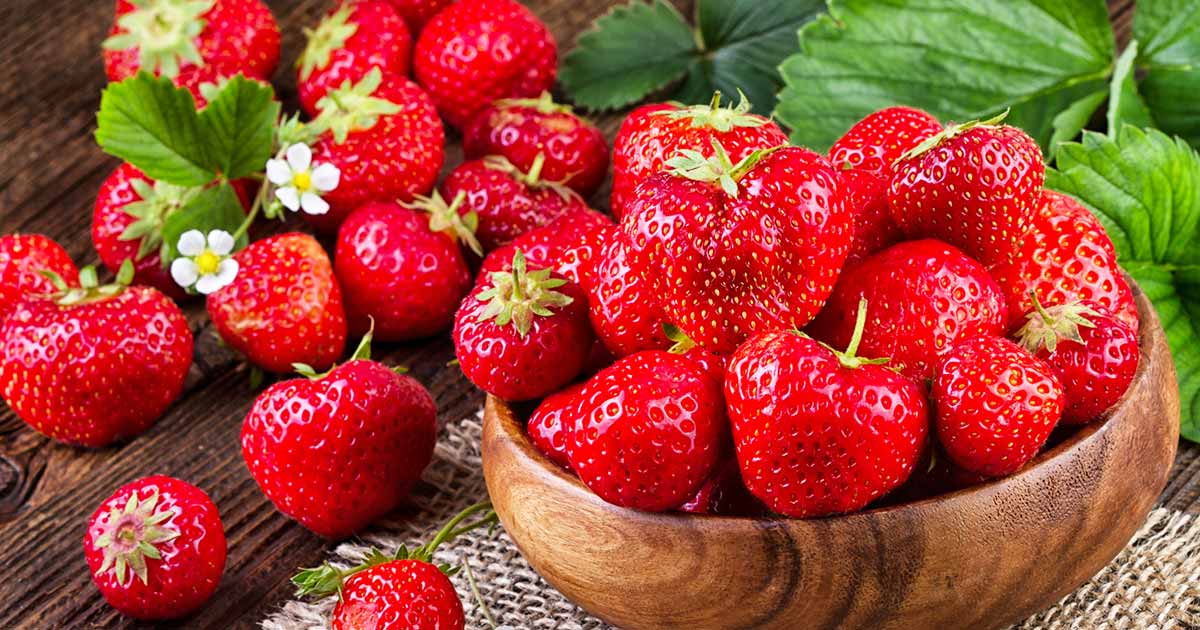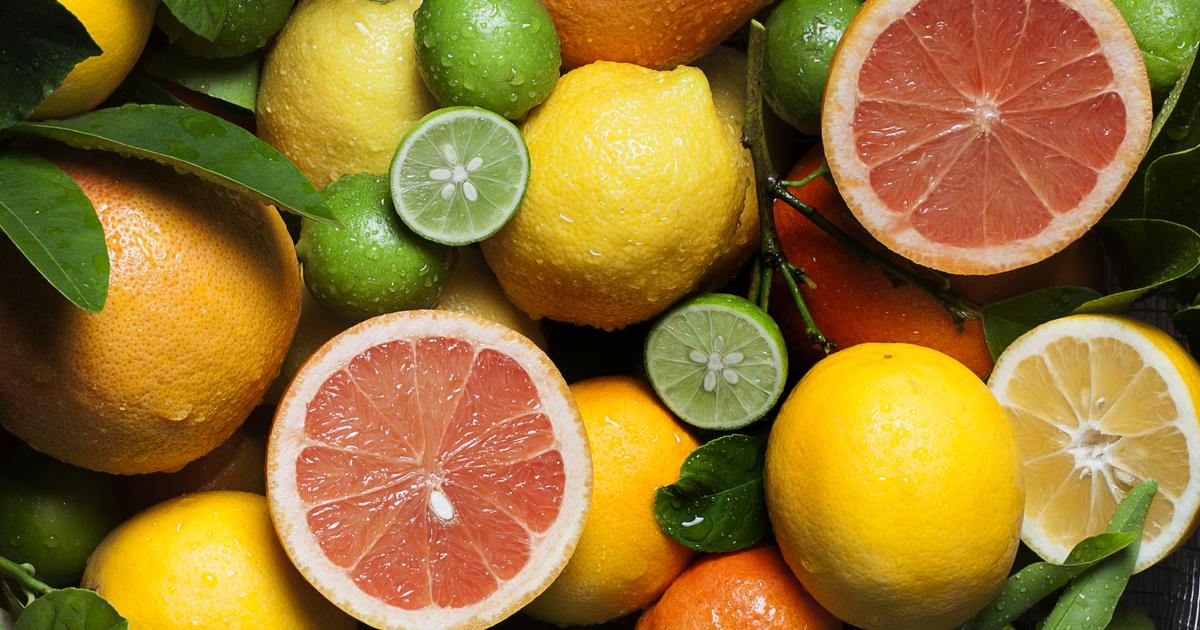Foods That Will Significantly Help Relieve Your Constipation
Constipation is a common condition for individuals who are not getting enough fiber in their diet, are eating too many processed foods, or have not been drinking enough water. Most individuals will experience constipation at least once during their lives. It can be quite uncomfortable with the bloating and cramping symptoms, but it is easily taken care of with some nutritional changes and additives. Aiming for twenty-five to thirty grams of fiber daily is recommended. More serious causes of irregular bowel movements should be checked when accompanied by pain or bleeding.
Berries

Particularly abundant in the summer, most kinds of berries are not only full of flavor and fiber, but are also often incredibly easy to acquire. They can be picked wild or purchased from local vendors as well as grocery stores. Berries with a range from two to four grams of fiber per serving include strawberries, blackberries, and raspberries. When mixed into a fiber-rich cereal, these berries, which are low in calories, add some natural sweetness to help promote regularity. They are also a quick, healthy snack to take on the go. Pack some juicy berries and get snacking!
Citrus Fruits

Citrus fruits are another great natural remedy for constipation. They are chock full of soluble fiber, which aids in not only adding water to the body but also maintaining the water that is already there, which aids in softer and larger stools that are easier to pass through the digestive tract. What's great about citrus fruits is the fact they are generally available year-round and there is a wide variety to choose from. Some of the more common citrus fruits include oranges, pineapples, lemons, and grapefruit. Citrus fruit can be enjoyed in their natural form or can be made into juices or combined into smoothies for a refreshing, healthy drink.
